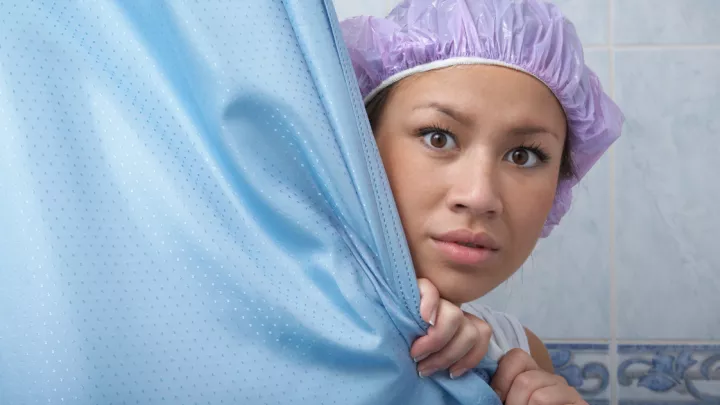How to practice good vaginal hygiene

We all want to practice good self-hygiene. But sometimes it's hard to know what we should or shouldn't do, especially when it comes to vaginal hygiene.
"Our vagina is like a self-cleaning oven," says Mary Kinyoun, MD, Nebraska Medicine obstetrician and gynecologist. "You really don't need a lot of extras to keep this area clean other than water and occasionally a mild soap.
"Overwashing or scrubbing, using antibacterial or scented soaps, douching or the use of scented deodorant sprays, can irritate the area, disrupt the natural PH balance and natural vaginal flora (bacteria that live in the vagina) that keep it healthy and prevent other organisms from growing there. This can potentially create more issues. These hygiene practices apply to both the outer and inner parts of the vagina such as the labia minora and labia majora."
When there is an imbalance of these organisms and an overgrowth of unhealthy bacteria, you may notice a more potent odor. This could also lead to a yeast or bacterial infection, notes Dr. Kinyoun.
Products to avoid using in the vaginal area include:
- Antibacterial soaps
- Douching products
- Scented soaps
- Scented sprays, powders or deodorizers
- Vulva masks (a sheet mask for your vulva that's supposed to soothe the area following hair removal, brighten or hydrate the region or serve as a preparation for a date)
"It's important to remember that the vagina is not supposed to smell like a flower," notes Dr. Kinyoun. "Some vaginal odor can be normal."
Safe hygiene practices
You can help minimize a strong odor or the chance of getting vaginal infections by following these safe hygiene practices.
- Wear breathable undergarments. Lycra and spandex undergarments and yoga-type pants are not very breathable and can trap organisms around the vulva area, producing more odor. Consider wearing more breathable cotton undergarments or not wearing underwear at all at night while sleeping.
- Always wash gently and if you have already washed in that area that day, but need to wash again due to exercise or activity consider using water only.
- Avoid wearing wet or damp undergarments for long periods of time, which can promote the buildup of bacteria.
- Choose cotton undergarments over lycra or spandex, which tend to trap moisture.
- Avoid wearing panty liners or pads when not absolutely necessary, as these trap more moisture next to the skin and can cause irritation of the vulva.
We can help. Schedule an appointment with one of our OB-GYNs. Call 800.922.0000.







